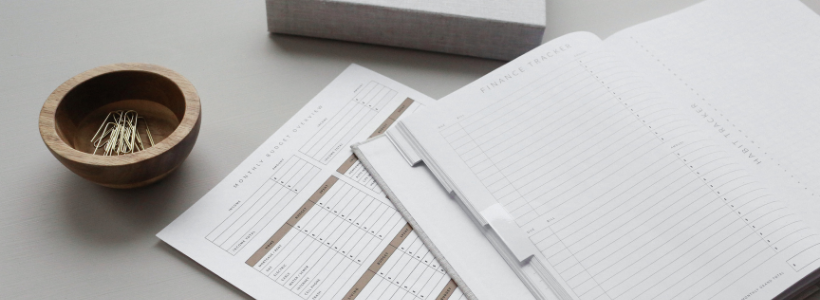There’s plenty of advice out there on how to reduce your spending, and a lot of it makes it sound like the less you spend, the better. That really isn’t the case. How much you spend, and what you spend it on, is always up to you.
There will always be things you need, and want, and that costs money — that’s just life. When it comes to reducing your spending, it should be because it suits your needs and your spending goals, and not just because you should reduce your spending no matter what.
So, with that in mind, here are 10 tips for how you can spend your money wisely. They aren’t hard and fast rules on what you should and shouldn’t do with your money — they’re guidelines to help you make better decisions.
1. Plan ahead
Know what you’re going to need, and what you want to spend your money on. Then, set yourself a money goal — when you know what you’re working towards, it will make your spending decisions much easier.
2. Review your expenses
Going back over your previous expenses will give you a clear idea of what you’re really spending. That can help you figure out what’s really necessary, and can help you find opportunities to save. Putting your expenses into categories can help. Your banking app might already do this for you, or you can find budgeting apps that can make it easier.
3. Look out for discounts
If you keep your eyes open, you’ll start to notice discounts wherever you go — particularly if you’re a student. Whenever you’re buying something, find out if you could save a bit of money by going with a discounted alternative.
4. Use the library
If libraries didn’t exist, they’d sound too good to be true. Plug yourself into your library and find out what sort of resources they have on offer — they have audiobooks, CDs, DVDs, ebooks, and online resources, subscriptions, and databases as well. The best thing is, almost all of it is totally free.
5. Share with friends
Sharing costs reduces individual spending, with the bonus of reducing waste as well. Sharing costs can make meals much cheaper, and sharing textbooks means students don’t each need their own copy. If you’re somewhere new, and you haven’t made many friends yet, then joining a study group or sharing your resources can be a great way to get to know people.
6. Ask your family for help
We’re all in this together, and no one can do it all alone. While not everyone’s family can help support them financially, they might be able to help in other ways, like taking care of laundry, looking after children, or driving when there’s somewhere you need to go.
7. Quit smoking
If you’re a smoker, you already know you should quit — it’s not just bad for you, but it’s bad for your wallet. Smoking costs your body and your bottom line. If you can’t quit smoking on your own, there are a million and one ways to get help.
8. Cut back on the take out
Sometimes you’ve had a big week and you can’t be bothered cooking something for yourself. There’s nothing wrong with splurging a little every so often, but so much money is spent in the name of convenience. If you’re doing it too often, it can take a big bite out of your budget.
9. Bulk meal prep
Being prepared can help you save. By preparing meals in advance, and cooking in bulk, you not only save money on ingredients — it can also help you cut back on those convenient but expensive take out meals during a busy week.
10. Shop smart
When you’re shopping, shop smart, and you’ll avoid the common tricks that are used to part you from your money: beware of impulse purchases, don’t pay extra just for a brand name, and don’t be afraid to shop second hand where you can.
And extra one…Travel Smart
When you’re plotting out your travels, make sure you know where you’re going and when. If you’re not prepared, you might end up splurging for an Uber when you don’t really need to. If you need to drive into university, or to work, find out if you can carpool, or look into using public transport — and whenever you can, consider walking, or riding a bike.
If you’re looking to reduce your spending, you’re sure to find ways to save if you plan ahead, prepare for the future, and keep your eyes open for opportunities.

